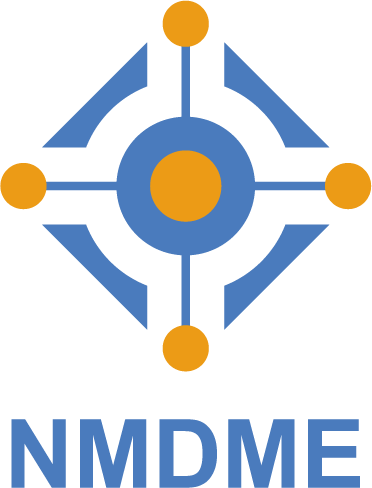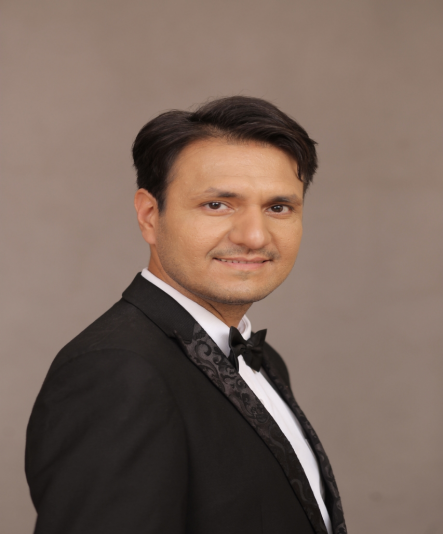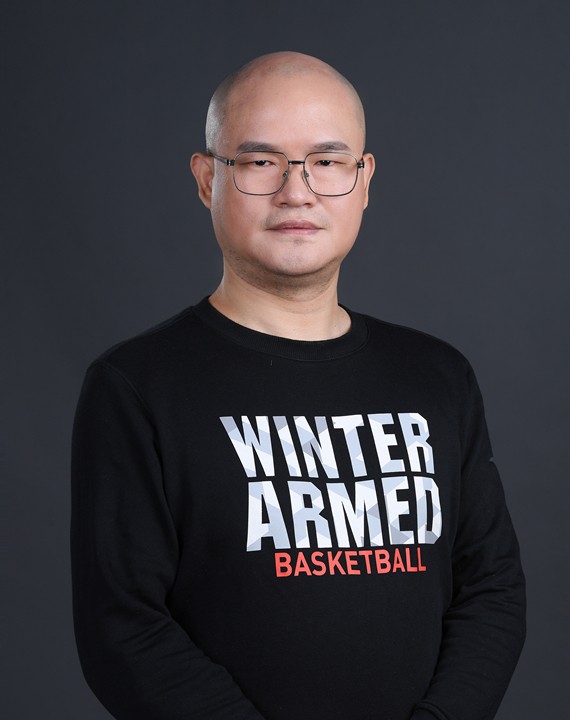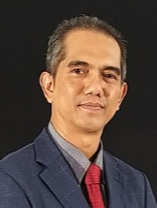| Prof. Syed Abdul Rehman KhanXuzhou University of Technology Introduction: Dr. KhancompletedPostdoctoral Fellowship from Tsinghua University (World 16th Ranked University). He has published nearly250research articles related to digital technologies, sustainable development, sustainable supply chain management, technology-enabledCircular Economy approaches, and Public Awareness on Environmental and Social Challengesin different international well-known indexed journals. In addition, Dr. Khan received highly cited researcher awards consecutively from lastfouryears. Dr. Khan has been invited as a keynote speaker and invited speaker in 100+ international conferences. Also, he has published nine books related to the digital technology, sustainability, and Sustainable Development Goals. Speech Title: The Role of Digital Technologies in Advancing Education for Sustainable Development (ESD) Abstract : Education for Sustainable Development (ESD) is an instructional framework that enables individuals to make informed decisions and undertake responsible actions to support environmental integrity, economic viability, and social justice in the present and future.Education for Sustainable Developmentis integral to achieving the United Nations Sustainable Development Goals (SDGs), which seeks to ensure that all learners acquire the knowledge and skills necessary to advance sustainable development. This study identifies the challenges of ESD from different perspectives, such as learners and teachers' characters, current, social environment and digital technologies application. The findings provide insights into leveraging digital technologies to increase the efficiency and effectiveness of ESD and promote both environmental and social sustainability. |
| Prof. Xu JinghongBeijing Normal University, China Research Area: New media and Internet governance, health communication and cross-cultural communication, film and television and games Introduction:He is a member of the Steering Committee of Chinese Communication Association (CCA) and a Chinese and American Fulbright visiting scholar. Title of Speech: Contextualization: A Path to Chinese Traditional News Media’s Integration into Social Media Abstract: Meyrowitz’s media context theory proposes that new media and contexts will lead to new behaviors. This article adopts the media context theory as a theoretical framework and utilizes a textual analysis approach to analyze the middle region behaviors and contextualization strategies of the traditional Chinese news media (People’s Daily) on the social media platform Weibo. The findings reveal three of People’s Daily’s Weibo news’ innovation strategies: the middle regionalization of news contexts (live news, vlog news, chat box news); personalized production of important news (Weibo commentary, user-produced news); and equal dialogue with the public (daily greetings, holiday greetings, popularizing science). The study also indicates that traditional news media can utilize social media to consolidate communication effectiveness and reconstruct their credibility while actively participating in social governance. In light of these findings, we think that the “contextualization” strategies employed by People’s Daily on the Weibo platform offer meaningful possibilities for traditional news organizations’ integration into social media, such as exploring innovative approaches to news presentation, emphasizing audience interaction, appropriately providing “non-news content” for the audience, and maintaining a commitment to objectivity and fairness in news reporting. |
| Assoc. Prof. Khairul Azhar Bin Mat DaudUniversiti Malaysia Kelantan, Malaysia Research Area: Multimedia, Cyberology, Educational Technology, Virtual Reality Technology, E-Learning. Introduction: Assoc. Prof. Ts. Dr. Khairul Azhar Bin Hj Mat Daud is a senior academic at the Faculty of Creative Technology and Heritage, Universiti Malaysia Kelantan (UMK). He is the co-founder of the Research Ideation Canvas (RIC@) and currently serves as Editor-in-Chief of the International Journal of Creative Future and Heritage (TENIAT). With a Ph.D. in Educational Technology from Universiti Sains Malaysia (USM), he has established a strong reputation in the integration of technology in education, with a focus on innovation in teaching and learning. Dr. Khairul Azhar holds a Bachelor of Science in Mechanical Engineering (Manufacturing) from Universiti Teknologi Malaysia (UTM) and a Master’s in Education. His research expertise lies in the application of augmented reality (AR) to enhance technical education, particularly in engineering drawing and workplace safety compliance in the manufacturing sector. He leads the Creative Technology Research Group (RG CREATE) at UMK and is actively working toward transforming it into a Centre of Excellence. His work has been recognized through numerous awards, including a Gold Medal at the 2016 UMK Research & Innovation Exhibition, and Silver Medals at ITEX and PECIPTA. In 2014, he was awarded a postgraduate scholarship for Innovation and Entrepreneurship training at Trinity College Dublin. A dedicated researcher and mentor, Dr. Khairul Azhar continues to contribute meaningfully to the advancement of educational technology, driving impact across both academia and industry. Speech Title: Perceptions of Digital Literacy Competence among English Language Instructors in Malaysia Abstract : Digital literacy is a vital skill for educators in the 21st century, particularly for English language instructors who play a key role in integrating technology into teaching and learning. This study investigates the self-perceived digital literacy competence of English language instructors in Malaysia, addressing a gap in research that often overlooks discipline-specific needs. Grounded in the Digital Literacy Skills Framework and the TPACK model, the study examines nine key constructs of digital literacy through a quantitative survey distributed to 91 instructors selected via simple random sampling. Descriptive statistical analysis revealed mean scores ranging from 3.51 to 3.95, indicating moderate to high levels of perceived competence. The Teaching and Learning construct recorded the highest mean with minimal variability, suggesting consistent confidence among respondents. In contrast, the Problem-Solving construct showed greater variation, highlighting areas requiring further support. Overall, the findings indicate a positive perception of digital literacy competence, but also point to the need for targeted professional development, particularly in critical thinking, adaptive technology use, and digital troubleshooting. The study underscores the importance of structured training programs to bridge existing gaps and enhance the effective use of digital tools in English language instruction. These insights contribute to ongoing efforts to strengthen digital competence among educators and support Malaysia’s educational advancement. |



